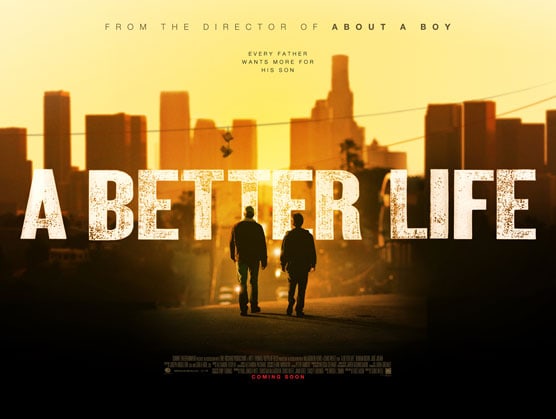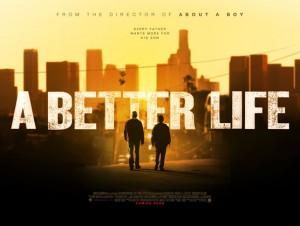
Alright. Here’s where I start delving into the film scores, so if classical music isn’t typically your thing, just bear with me for a moment. For those of you who actually do listen to your fair share of film scores, it’s likely you’re familiar with names like John Williams and Hans Zimmer. No doubt they’ve done some amazing stuff—Star Wars, Indiana Jones, Harry Potter and the Sorcerer’s Stone (Williams), Inception, Dark Knight, and Pirates of the Caribbean (Zimmer) to name a few. You don’t even really have to be a movie music expert to be pretty darn familiar with these iconic themes; however, one composer you probably all know but don’t is Alexandre Desplat. His work is everywhere! From Wes Anderson’s Moonrise Kingdom to George Clooney’s political thriller Ides of March. And he’s amazing! Yet hardly anyone ever recognizes his name. I’m still waiting for him to receive that Academy Award he’s deserved for so long.
One reason for his lack of general recognition is perhaps the fact that he doesn’t exactly have one particular style, and while I appreciate artists’ abilities to establish individual, creative identities, I’m enamored with Desplat’s wide range of works.  With just sound he is able to tell any story and create any kind of world-real or imagined.  I might actually consider that in itself a recognizably individual talent. I can’t tell you in which movie he first caught my attention—not because I don’t remember, but because it’s a film I don’t like to admit was an embarrassingly large part of my adolescence-but he’s brilliant in just about any project takes on, no matter the merit of the film itself. (If someone were absolutely desperate to find out what film I mean, I’m sure they’d be able to identify it from a list of his works, and in my defense, I’ve found a ton of great songs and artists from the soundtrack of this film that shall not be named.)
What I love about Desplat’s music is how it truly pulls you in to the world of each film—whether it be the rippling piano in the abstract subconscious of a young boy from 1950s Texas (Tree of Life) or the swelling orchestra surrounding the intimate recording session of a brave but stuttering King addressing an entire nation (The King’s Speech).  In A Better Life (2011), Desplat uses a lone, acoustic guitar to pull us in to the world of Carlos Galindo (Demián Bichir), a gentle soul, a loving father, and an illegal immigrant from Mexico working as a gardner in contemporary Los Angeles.  Galindo struggles to ensure a better life in the States for his son, who at first expresses little gratitude and respect for his father’s work.  As the father-son relationship deepens over the course of the film, however, the music becomes an essential part of the story, providing the true emotional layers without dictating how we should feel but instead coaxing those feelings out from within us.
In the culminating moment of the film, the son sits across from Galindo before his father is to be deported and asks why he had him. Â The father begins to explain the pride he takes in watching his son grow like the trees in the gardens he nurtures with such care each day as a piano takes on a slow and steady march while all the while the lone guitar strums in and out of focus. Â You don’t even notice when exactly the melancholy stoicism of the piano gives way to the long, single notes of a horn and then a full, powerful orchestra of internal woes. Â The scene maintains a relatively understated tone-two people who barely speak louder than a whisper the whole time, who cry but never moan and sob-but the underlying desperate sadness and profoundness of the moment is embodied by the music without ever going over the top. Â Gradually, the tempo quickens to a fast and determined walking pace as the scene transitions from the emotional breakdown to the resilient rebirth that must come afterwards to ensure our survival or at least that of the next generation.
Favorite soundtrack pieces:
“A Better Life,” “Coming Home”
-E

